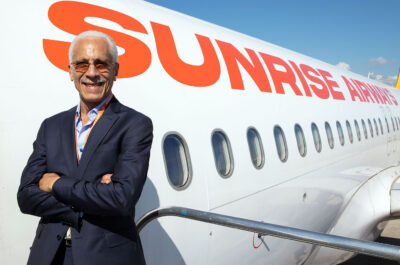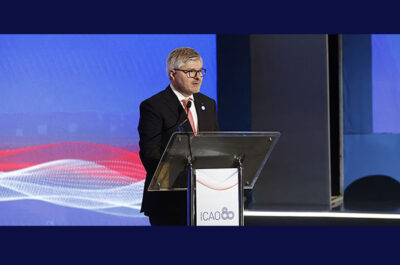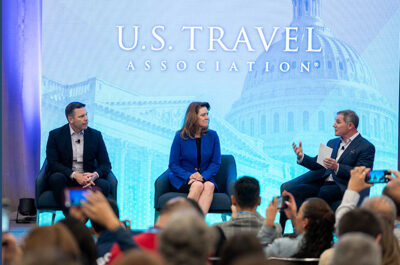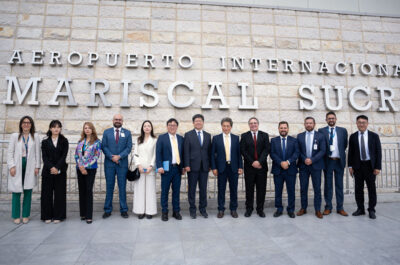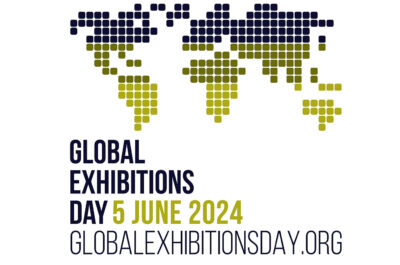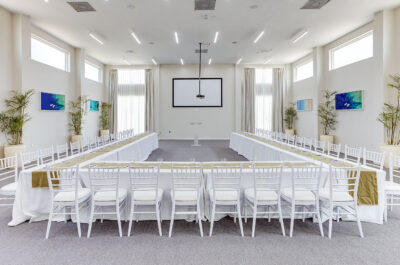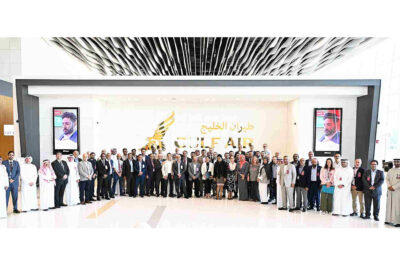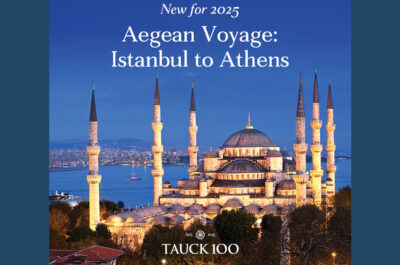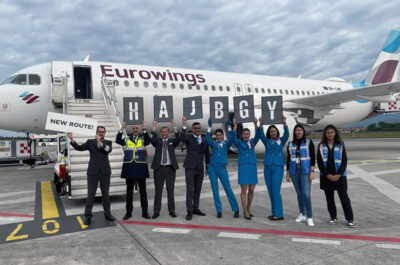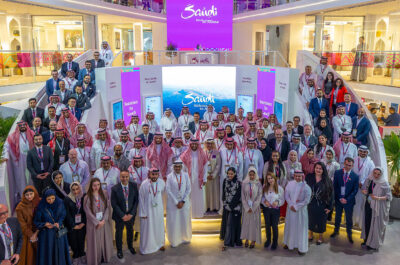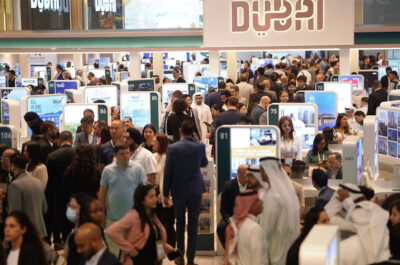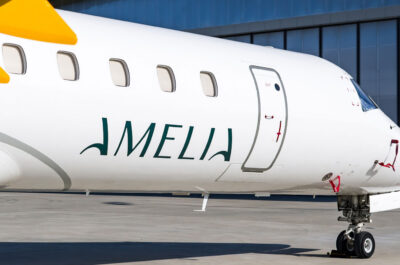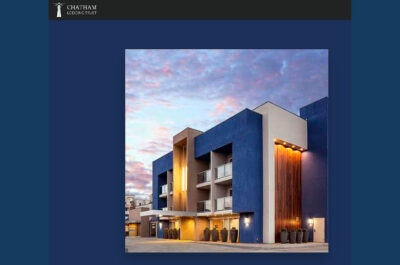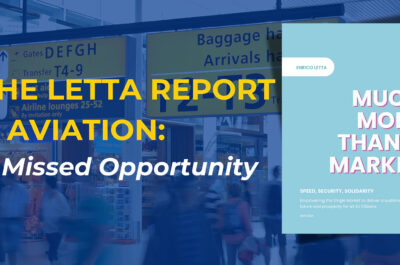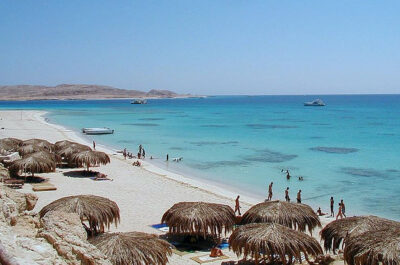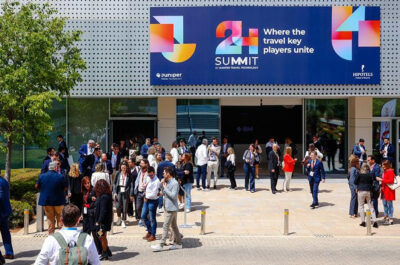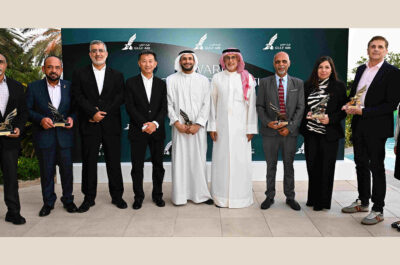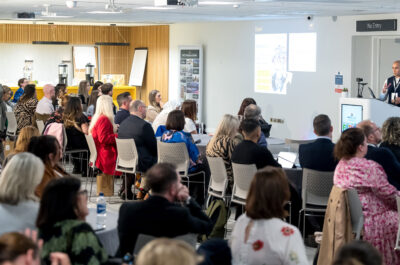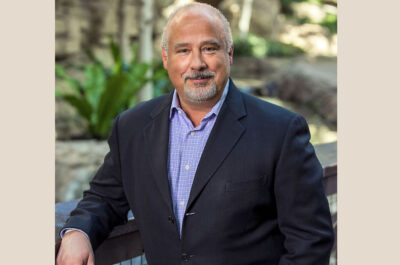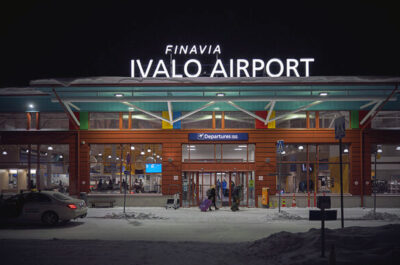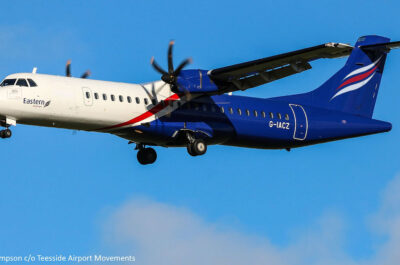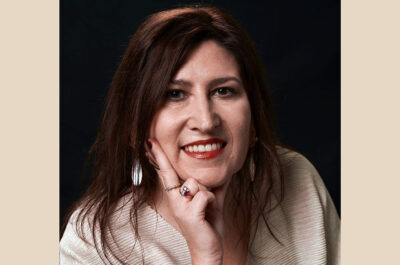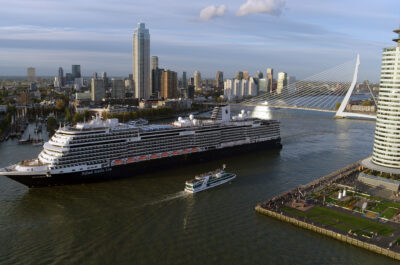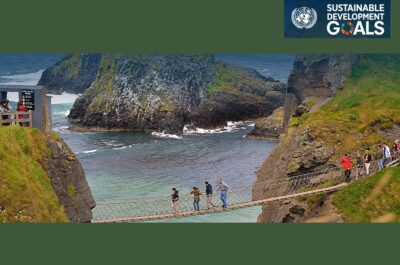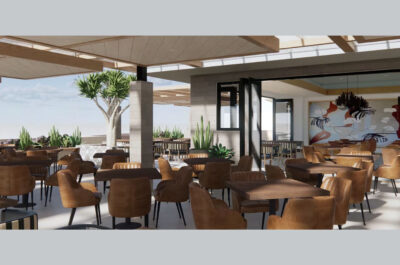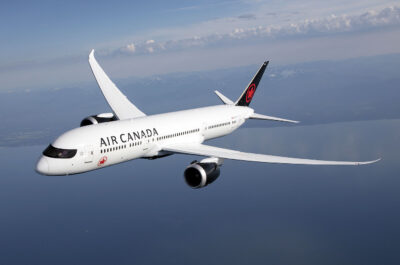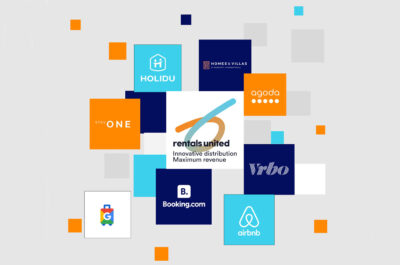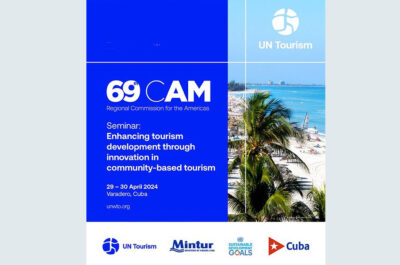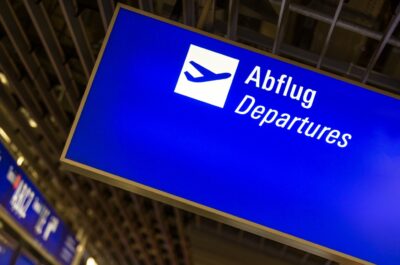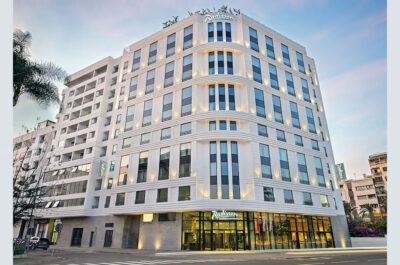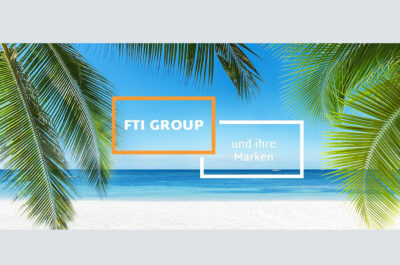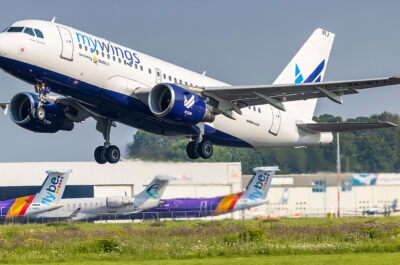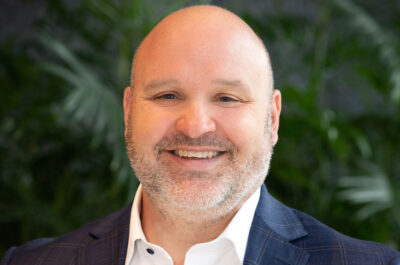Hotels rethink approach to leisure business in response to corporate cost-cutting (Forimmediaterelease.net) Leisure guests will become increasingly important for hotels in the post-recession years, according to a high-level think tank in London this week. World Travel Market, the premier global event for the travel industry, invited a dozen hotel suppliers and operators from its Meridian Club, which has 24,000 of the travel and tourism industry’s…

Hotels rethink approach to leisure business in response to corporate cost-cutting (Forimmediaterelease.net) Leisure guests will become increasingly important for hotels in the post-recession years, according to a high-level think tank in London this week.
World Travel Market, the premier global event for the travel industry, invited a dozen hotel suppliers and operators from its Meridian Club, which has 24,000 of the travel and tourism industry’s most senior buyers, to the event. The guests – all of whom were at least regional director level – represented all aspects and geographies of the hotel sector. It took place in the Directors’ Lounge at the Emirates Stadium, home to Arsenal Football Club.
In a wide-ranging discussion, which took place under Chatham House rules, one recurring observation was that hotels were looking more closely at leisure business in response to sea changes in the corporate travel environment.
Travel budgets for blue-chips and SMEs were slashed during the global slowdown, and the concern for hoteliers is that even if the world economy picks up, budgets will remain tight. A luxury hotelier said that many companies were now mandating that its travelers could not stay in five-star hotels, while a tour operator with a global reach said that his business was now using video conferencing as a matter of course and that this had now become “learned behavior.”
A mid-market operator said that some of its properties in France were no longer taking bookings from the MICE sector because of the strong demand from US-based leisure travelers, while another mid-market operator said that it is benefitting from business travelers downgrading.
Responsibility for travel budget is increasingly the responsibility of the procurement department, which appears to be leading to tougher negotiations. “Corporations now want Wi-fi access as part of the deal, and they are looking for free transfers, free phone calls, and discounts on food and beverage, which clearly affects our margins,” one hotelier said. “It is possible that leisure travelers might now be more profitable than corporate guests.”
However, leisure guests are also demanding better value for money. A UK-based short break specialist said that customers were still willing to pay a good price for a break, but they wanted more for their money.
Other panelists pointed out that luxury hotels are now expected to offer all-inclusive rates to tour operators, as bigger spending leisure clients are starting to see the appeal of all-inclusive breaks.
Themes such as emerging markets, foreign exchange rates, and distribution were also covered in the ninety-minute minute.
“The idea behind the think tanks is to give senior executives the chance to talk openly with one another about their sector,” said Mark Jacobsen, marketing manager, Meridian Club. “We will take on board what was said and use it to make sure Word Travel Market, the premier global event for the travel industry, is able to service the needs of all players in the challenging and dynamic hotel sector.”







